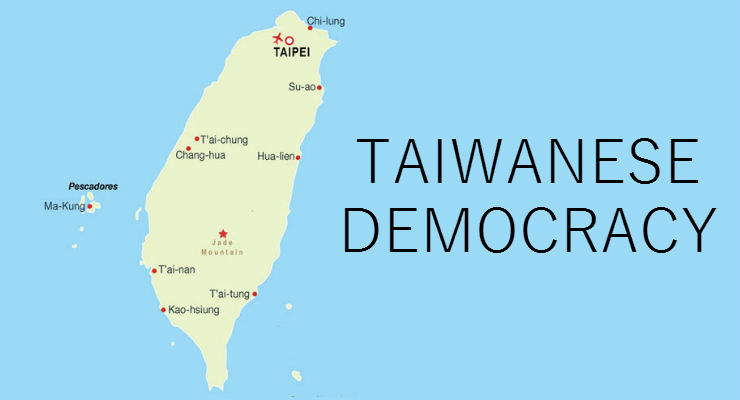
Government officials in Taiwan have overhauled the country’s referendum process making it simpler for people to put forth initiatives when trying to make changes to the country’s laws. According to the new process, the law only allows for the details of the new laws to be included in the text with a word limit. How will the new system work?
“Our new framework invites the citizens to make their voices heard,” Chairman of the Central Election Commission, In-Chin Chen said regarding the new process. The referendums allow for only 100 words to be included in the process, and specify that only the simplest definition for the new law will be used for description throughout the text.
Along with this simpler process, there are six guidelines that the process must follow. According to the new referendum process, referendum questions must follow these guidelines:
- Citizens have the right to propose new legislation policies and principles and repeal existing ones. The only restrictions are on budgetary issues which are not allowed.
- For qualifying, at least 1,800 citizens need to sign a proposal by a so-called ‘lead proponent’ offering a title, proposed text and an explanation.
- The Central Election Commission, as the component authority for the referendum system, assists the proponent in this initial qualification process by holding a public hearing, offering, advice and allowing proponents to gather additional signatures if necessary. The parliament and government are invited to add a position paper to the initiative or referendum.
- The time allowed to gather the necessary number of signatures, set at 1.5 percent of the eligible voters in the previous presidential election or about 280,000 names, is six months. However, after the end of this period, proponents again have the chance to fix incorrect signatures and gather additional ones if necessary.
- The new law defines clear times frames for all stakeholders in the process and key rules in the campaigns ahead of a popular final vote. These guidelines include the transparency of finances, the possibility of gathering signatures electronically, implementing regulations and appeal rights.
- Under the new rules, a popular vote initiated by the citizens is binding, when a proposal gets the approval of at least 25 percent of the vote of the electorate. This is a major improvement from earlier regulation with 50 percent turnout quorum, which invited opponents of a proposal to non-participation and boycott campaigns.
This new referendum process is known as a form of “direct democracy,” where people are directly responsible for making changes to their laws and can get laws passed known as initiatives. Referendums have been sued to support things like raising the minimum wage, a popular political topic to challenge the status quo.
“We have launched a citizen’s initiative for a minimum wage and try to find out, how we can use it for a constitutional convention,” said Ya-Ting Yang, who is the New Power Party initiative campaigner. Other subjects are also expected to be part of future referendums as Taiwan’s citizens have a rich history of social activism when it comes to politics and issues.
“We need to make participatory and direct democracy a reality on all political levels”, Tsung Li-Yang said regarding the new law. Tsung leads a group on urban development in Taiwan.
Several other issues will be discussed as possible referendums in the future, such as, legality issues of same-sex marriage, nuclear power’s future, transitional justice, and food security, just to name a few of the issues. Transitional justice refers to justice after the transfer of power from the military regime to civilian authorities.
Ultimately, the idea for better formulated referendums will allow the people of Taiwan to decide their own fate on key issues, giving them the chance to make their society a better place compared to their neighbor China where the government controls nearly every aspect of society. The new Taiwanese system is something that American states should emulate. It is a great step toward giving citizens more control over the process of government.
Links to Sources:
- Fox and Hounds Link: https://www.foxandhoundsdaily.com/2018/03/californians-envy-taiwans-new-direct-democracy/
- SwissInfo Link: https://www.swissinfo.ch/eng/business/-ddworldtour-notebook-from-taichung_how-taiwan-got-one-of-world-s-best-direct-democracy-laws/43958776
David Anderson says
Interesting piece. Just today I notice the announcement that the US’s “sort of” embassy in Taipei is getting 250M to upgrade to a decent looking building. High time. Taiwan is the most socially advanced country in E. Asia by a long shot.
Go Taiwan!
David
NYC
French Classes says
Hi, Awesome write-up. There is an issue together with your internet site inside i . e ., could take a look? IE even now is the sector leader and also a huge portion of people will rule out your current superb composing because of this issue.